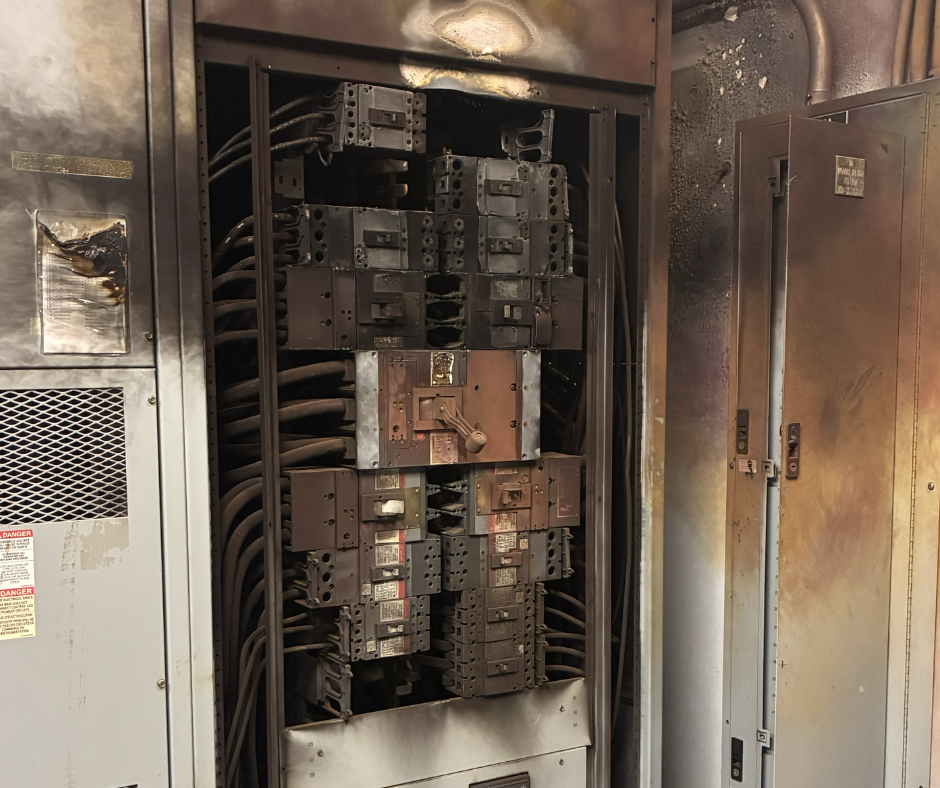JTA consultant Gannett Fleming Inc. of Pennsylvania is pushing forward with its $400,000 feasibility study of a commuter rail in Jacksonville despite the recent failure of the Sun Rail.
So far the study projects the commuter rail to have 28 stations and travel as far north as Yulee and as far south as St. Augustine, according to a JTA press release.
By the end of this summer, the study will be complete, having tested whether or not it would be beneficial to Florida’s economy to construct rail.
Jacksonville is a logical option for a commuter rail, as the city is a transportation hub, said Jeffrey Steagall, an economics professor at UNF. With a port and major interstate infrastructure, the rail could carry freight as well as passenger traffic.
However, many believe the success of a commuter rail plan in Jacksonville mirrors the success of the Sun Rail plan in Orlando. The Florida Senate refused to fund the projected $2.6 million project with a 23-17 vote.
There are many people on both sides of the Sun Rail issue.
“It [the Sun Rail] is important to Jacksonville, because it includes funding for needed rail infrastructure for Jacksonville’s port, and it keeps Florida high on the priority list for federal funding of other commuter rail initiatives,” said Louis Renjel, CSX vice president of infrastructure initiatives, in an interview with the Florida Times-Union. “Final approval from the state legislature for the Sun Rail would have helped jump-start Florida’s economy.”
Some people, however, believe the negatives of the Sun Rail would have outweighed the positives.
The 700 construction jobs Renjel predicted the Sun Rail project would create does not offset the exorbitant costs, said Matthew Falconer, a member of the Orange County Taxpayer Budget Review Board.
The government’s spending money for the sake of stimulus jobs is counterproductive, he said.
Not only is the exertion that the Sun Rail would have stimulated the economy in question, but the proposed CSX transaction is in question as well.
“I absolutely believe it is a good thing the state legislature refused to fund the Sun Rail,” Falconer said. “I believe the Sun Rail would have paid CSX enormously too much money at $660 million. It is six times what they should be paid.”
Members of the Senate who voted against funding the infrastructure agree.
“The CSX transaction is the most expensive per mile rail acquisition in the history of the United States,” said Paula Dockery, a member of the state senate in the 15th district, in an interview with the Florida Times-Union.
Many of these hopeful or reluctant sentiments about the Sun Rail are paralleled by professors at UNF about the issue of a commuter rail coming to Jacksonville.
Some professors think a commuter rail in Jacksonville would positively stimulate the economy.
“Ideally, a commuter rail will help to alleviate the traffic congestion in Jacksonville and improve transportation,” said Chung-Ping Loh, an assistant professor of economics and geography at UNF. “Adding a commuter rail will also create new jobs. So I do expect it to positively stimulate the economy.”
This includes jobs in the administration, maintenance and daily operation of the rail, Loh said.
However, questions arise over the necessity of these jobs to sufficiently stimulate the economy.
In response, a UNF economics professor, Paul Mason said, “We have an unemployment problem, and the reality is that a large percentage of the unemployment we see reported is not in the construction field.”
A commuter rail in Jacksonville would affect UNF in its goal of becoming a destination school because it might put the emphasis more so on attracting additional commuters, Loh said.
“As most of our students are from Jacksonville and Northeast counties in Florida, I think a commuter rail serving this exact region will make UNF an even more popular place for their higher education,” he said.
There would be bus services between UNF and the closest rail station, which would be the J. Turner Butler station, according to the current plan, he said.
But even with the transportation connections, Mason said it would still not make a difference.
“I don’t think anyone would want to commute that far,” he said.
Pursuing a multimodal transportation system may or may not be the solution to a shaky economy in Florida. As reported at UNF and in other areas of the state, mixed opinions continue to dominate the matter in its early stages of planning.











